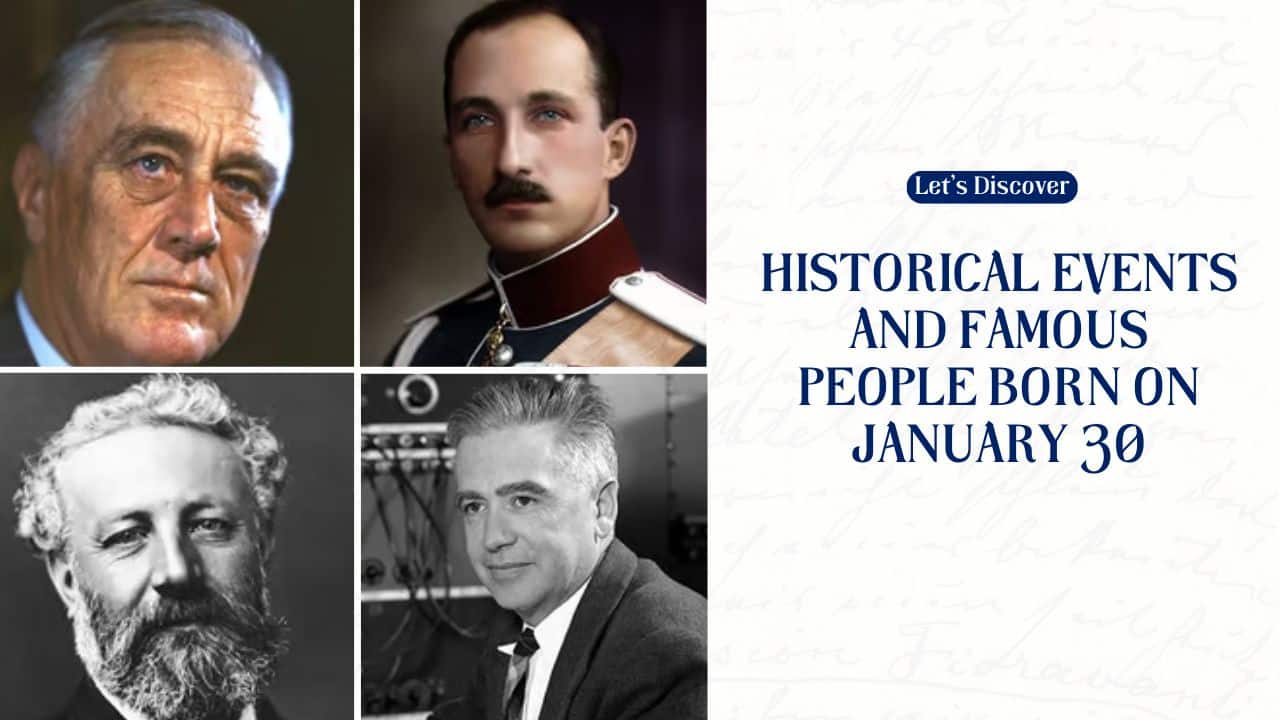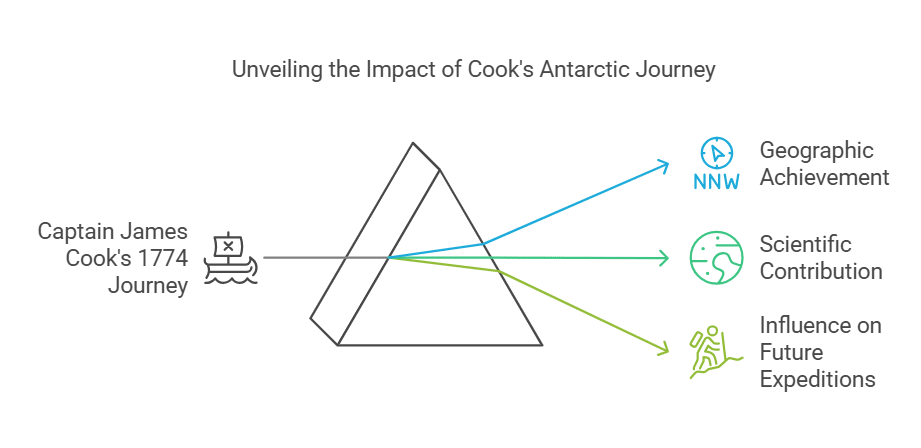January 30 has been a significant date throughout history, marked by notable events and the births of influential individuals. Throughout different eras, this day has seen crucial political decisions, groundbreaking scientific discoveries, and literary milestones that have shaped the world. By understanding these events and recognizing the contributions of individuals born on this date, we gain insight into the progress of human civilization and the interconnectedness of historical events.
This article explores key historical events that occurred on this day and highlights famous personalities born on January 30, providing a deeper appreciation of their contributions and their lasting impact on society.
Historical Events of January 30
1. The Constitutions of Clarendon (1164)
In 1164, King Henry II of England introduced the Constitutions of Clarendon. This was a set of laws aimed at limiting the power of the Church’s clergy in England. The main goal was to reduce the influence of the Church in legal matters and strengthen royal authority. Thomas Becket, the Archbishop of Canterbury, was the only one who opposed these laws. His resistance led to a prolonged conflict with the king, which eventually resulted in Becket’s assassination. This event highlighted the ongoing struggle between church and state during that era.
2. The Keichō Embassy’s Meeting with King Philip III (1615)
In 1615, the Keichō Embassy from Japan, led by Hasekura Tsunenaga, met with King Philip III of Spain in Madrid. This was Japan’s first official mission to Europe. The embassy aimed to establish trade and foster diplomatic relations between Japan and Spain. The meeting was significant as it represented one of the earliest instances of direct interaction between Japan and European powers, paving the way for future exchanges.
3. Captain William Kidd’s Capture of the Quedagh Merchant (1698)
On January 30, 1698, English pirate Captain William Kidd seized the Quedagh Merchant, an Indian merchant ship. This was his most valuable prize, but the act angered English authorities because it disrupted their trade interests. The incident led to a worldwide manhunt for Kidd. He was eventually captured, tried, and executed for piracy. This event underscored the complexities of piracy and its impact on international trade during the 17th century.
4. Captain James Cook’s Southernmost Journey (1774)
In 1774, British explorer Captain James Cook reached a latitude of 71°10′ South, coming within 1,820 kilometers of the South Pole. This was the farthest south any explorer had ventured at that time. Cook’s journey provided valuable information about the Antarctic region and expanded the world’s understanding of uncharted territories. His explorations laid the groundwork for future Antarctic expeditions.
5. Publication of “Around the World in 80 Days” (1873)
On January 30, 1873, French author Jules Verne’s novel “Around the World in 80 Days” was published in France by Pierre-Jules Hetzel. The story follows the adventures of Phileas Fogg as he attempts to circumnavigate the globe in 80 days. The novel became an instant classic, inspiring readers with its themes of adventure and exploration. It has since been adapted into various films, plays, and other media, cementing its place in literary history.
Famous Birthdays on January 30
1. Franklin D. Roosevelt (1882-1945)
Franklin Delano Roosevelt was born on January 30, 1882, in Hyde Park, New York. He served as the 32nd President of the United States from 1933 to 1945. Roosevelt led the country through the Great Depression and World War II, implementing the New Deal to promote economic recovery. He is remembered for his leadership during challenging times and his efforts to reshape American government and society.
| Detail | Information |
|---|---|
| Full Name | Franklin Delano Roosevelt |
| Birth Date | January 30, 1882 |
| Birthplace | Hyde Park, New York, USA |
| Presidency | 32nd President of the United States |
| Term | 1933 – 1945 |
| Key Achievements | New Deal programs, WWII leadership |
| Death | April 12, 1945 |
2. Boris III of Bulgaria (1894-1943)
Boris III was born on January 30, 1894, in Sofia, Bulgaria. He became the Tsar of Bulgaria in 1918 and ruled until his death in 1943. During World War II, Boris III navigated complex political landscapes, maintaining Bulgaria’s independence while managing relationships with both Axis and Allied powers. His sudden death in 1943 led to various speculations and had significant implications for Bulgaria during the war.
| Detail | Information |
| Full Name | Boris Klemens Robert Maria Pius Ludwig Stanislaus Xaver of Saxe-Coburg and Gotha |
| Birth Date | January 30, 1894 |
| Birthplace | Sofia, Bulgaria |
| Title | Tsar of Bulgaria |
| Reign | 1918 – 1943 |
| Key Achievements | Maintained Bulgaria’s independence during WWII |
| Death | August 28, 1943 |
3. Emilio G. Segrè (1905-1989)
Emilio Gino Segrè was born on January 30, 1905, in Tivoli, Italy. He was a physicist who discovered the elements technetium and astatine, as well as the antiproton, a subatomic particle. Segrè’s work in nuclear physics earned him the Nobel Prize in Physics in 1959. His discoveries have had lasting impacts on science and our understanding of atomic structures.
| Detail | Information |
| Full Name | Emilio Gino Segrè |
| Birth Date | January 30, 1905 |
| Birthplace | Tivoli, Italy |
| Field | Physics |
| Key Achievements | Discovery of technetium, astatine, and antiproton |
| Nobel Prize | 1959 |
| Death | April 22, 1989 |
4. Douglas Engelbart (1925-2013)
Douglas Engelbart was born on January 30, 1925, in Portland, Oregon. He was a computer scientist best known for inventing the computer mouse. Engelbart’s innovations in computing paved the way for modern graphical user interfaces. His contributions to technology continue to impact how people interact with computers today.
| Detail | Information |
| Full Name | Douglas Carl Engelbart |
| Birth Date | January 30, 1925 |
| Birthplace | Portland, Oregon, USA |
| Field | Computer Science |
| Key Achievements | Inventor of the computer mouse |
| Death | July 2, 2013 |
Takeaways
January 30 marks important historical milestones and the births of remarkable individuals. From political decisions that shaped nations to scientific breakthroughs that expanded human knowledge, this day serves as a reminder of humanity’s continuous journey toward progress.
By looking at these significant events and notable figures, we gain a better appreciation for the ways in which history continues to impact the world today. Understanding these moments allows us to connect the past with the present, ensuring that we learn from history while striving for a better future.





































